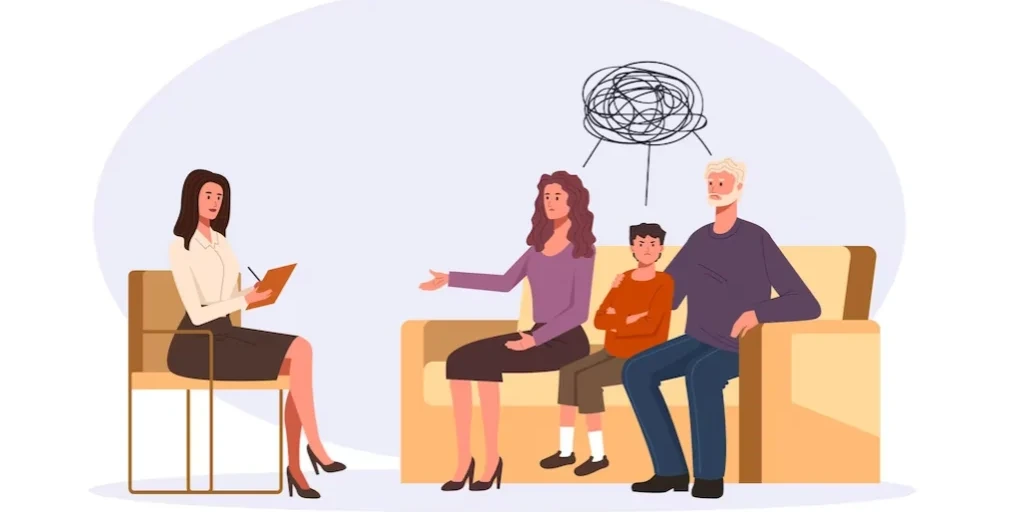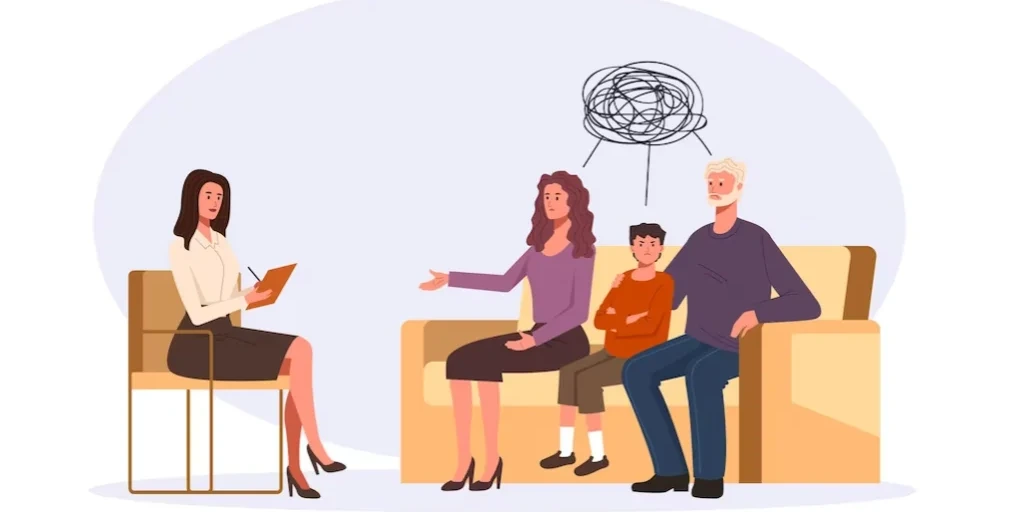24/7 Helpline:
(866) 899-221924/7 Helpline:
(866) 899-2219
Learn more about PTSD Treatment centers in Anna Maria
PTSD Treatment in Other Cities
Other Categories in Anna Maria

Other Insurance Options

Group Health Incorporated

BHS | Behavioral Health Systems

American Behavioral
Beacon

Ambetter

WellPoint

Magellan

Anthem

Excellus

Absolute Total Care

ComPsych

MHNNet Behavioral Health

Private insurance

Health Net

Multiplan

Sliding scale payment assistance

EmblemHealth

Magellan Health

CareFirst

Health Choice

























